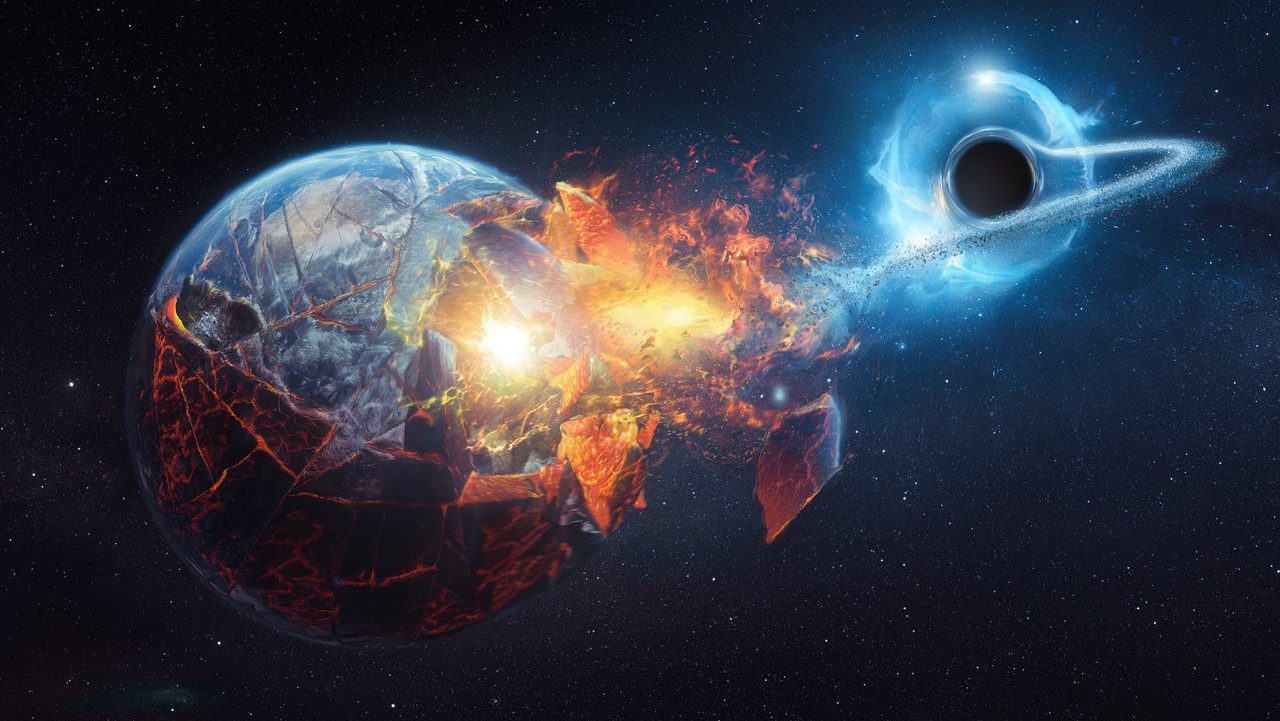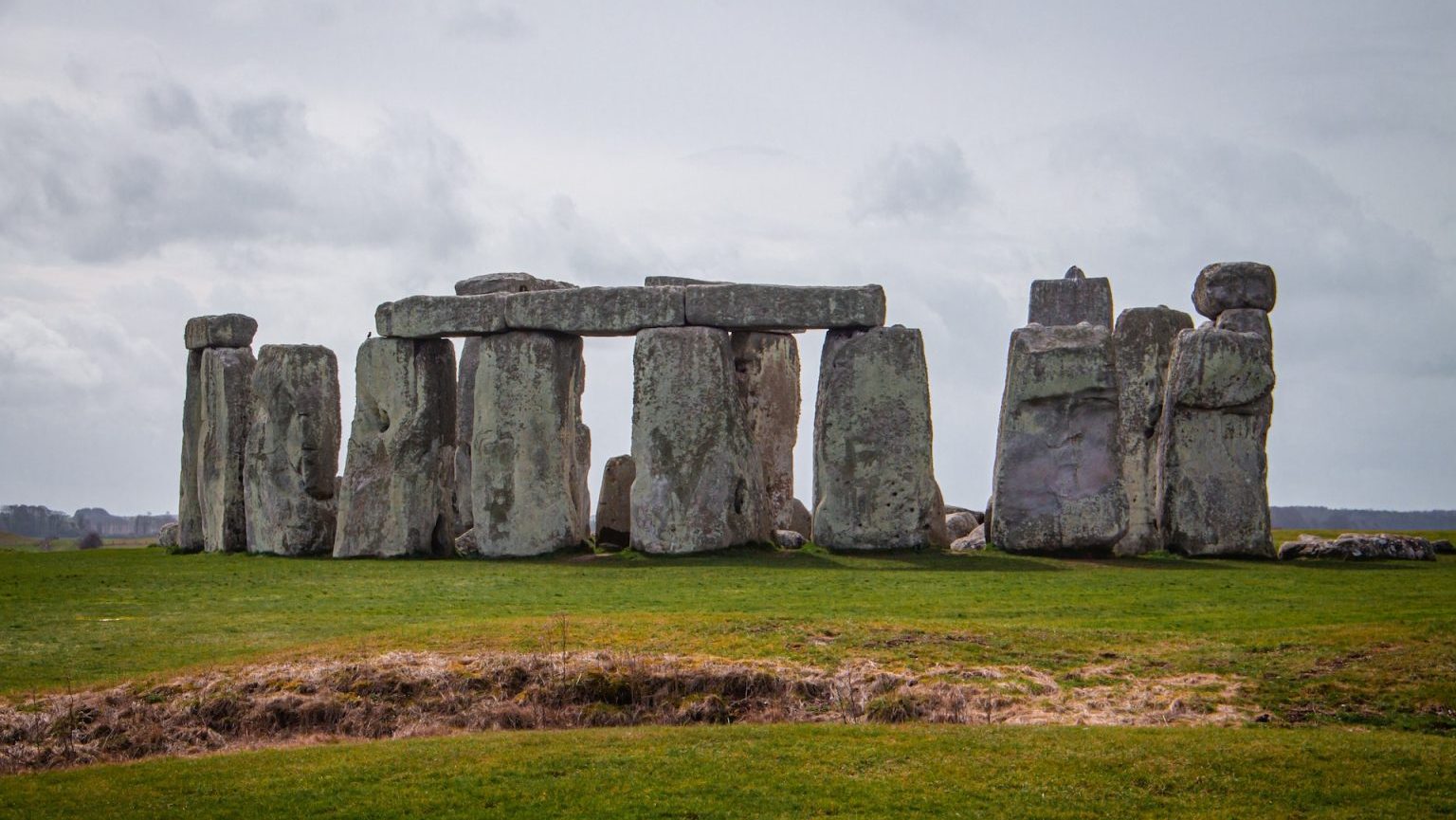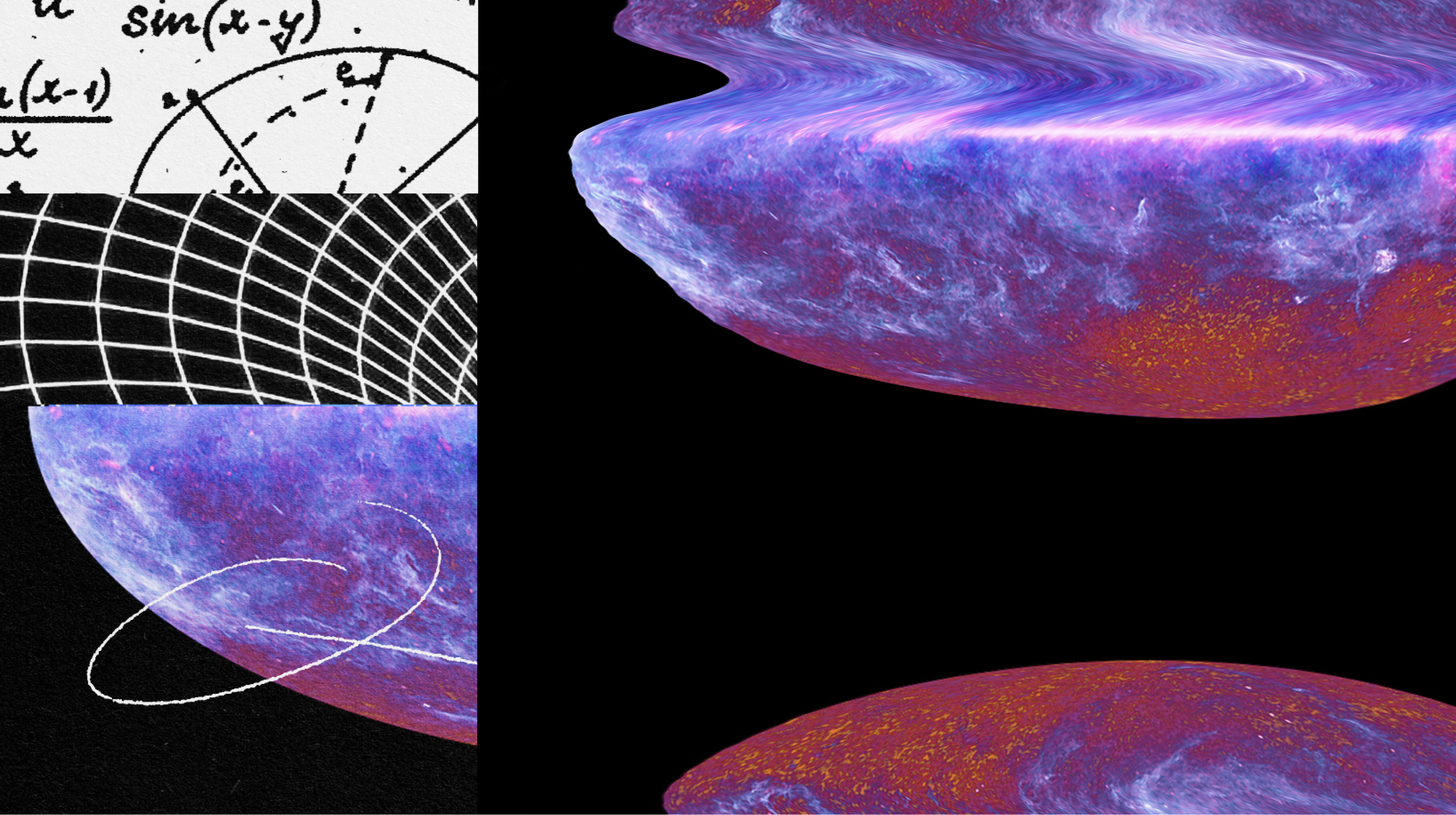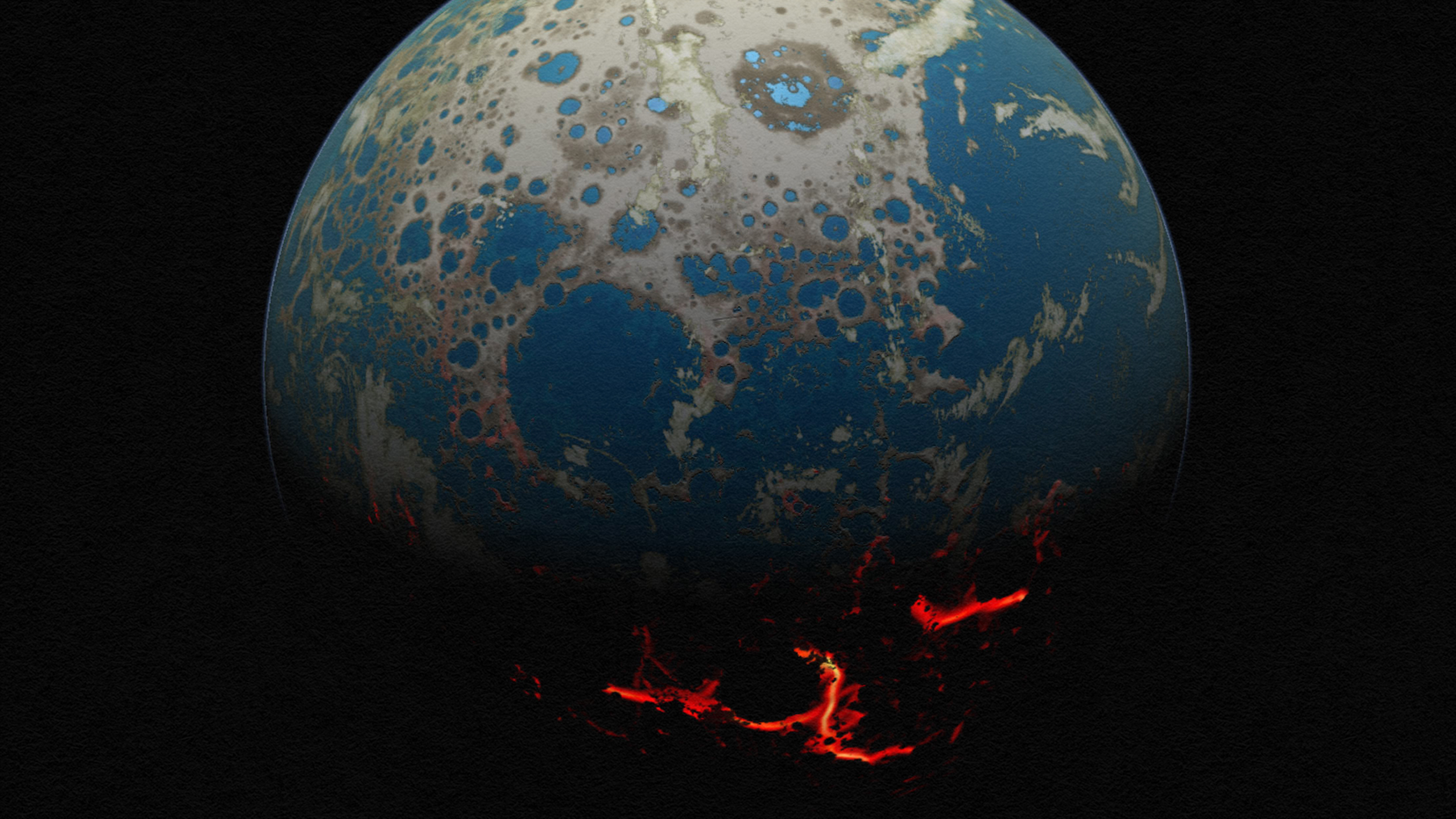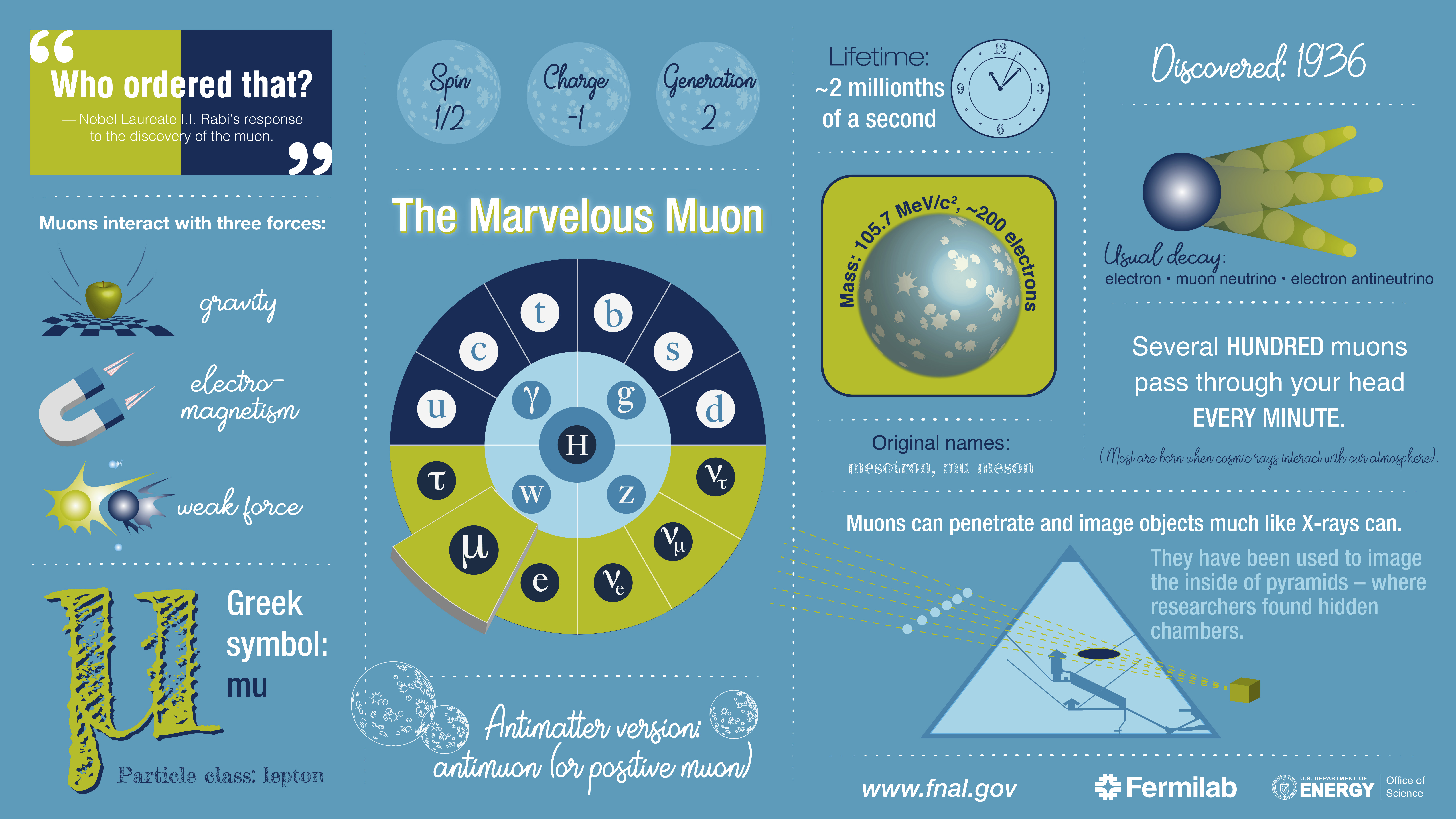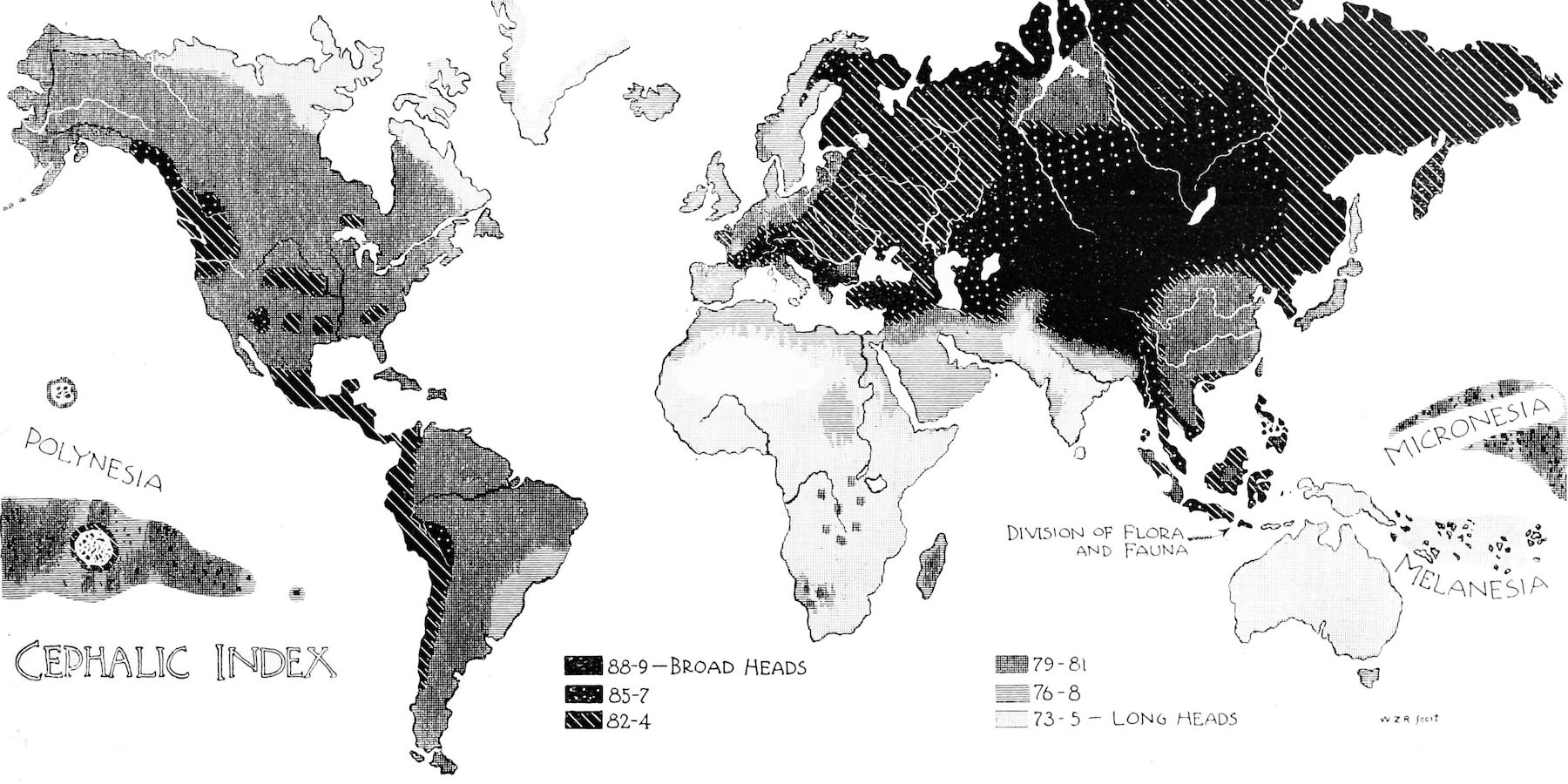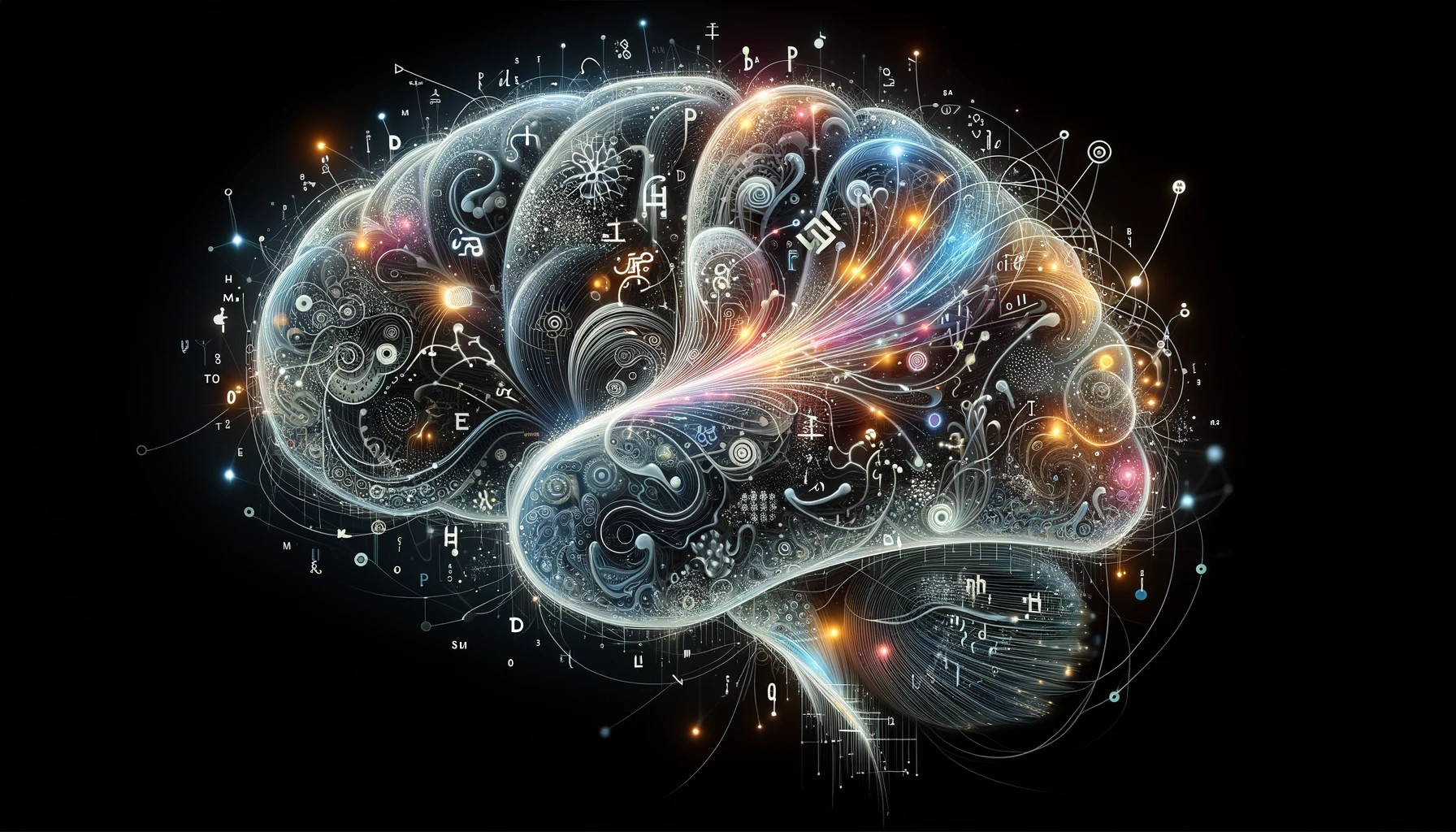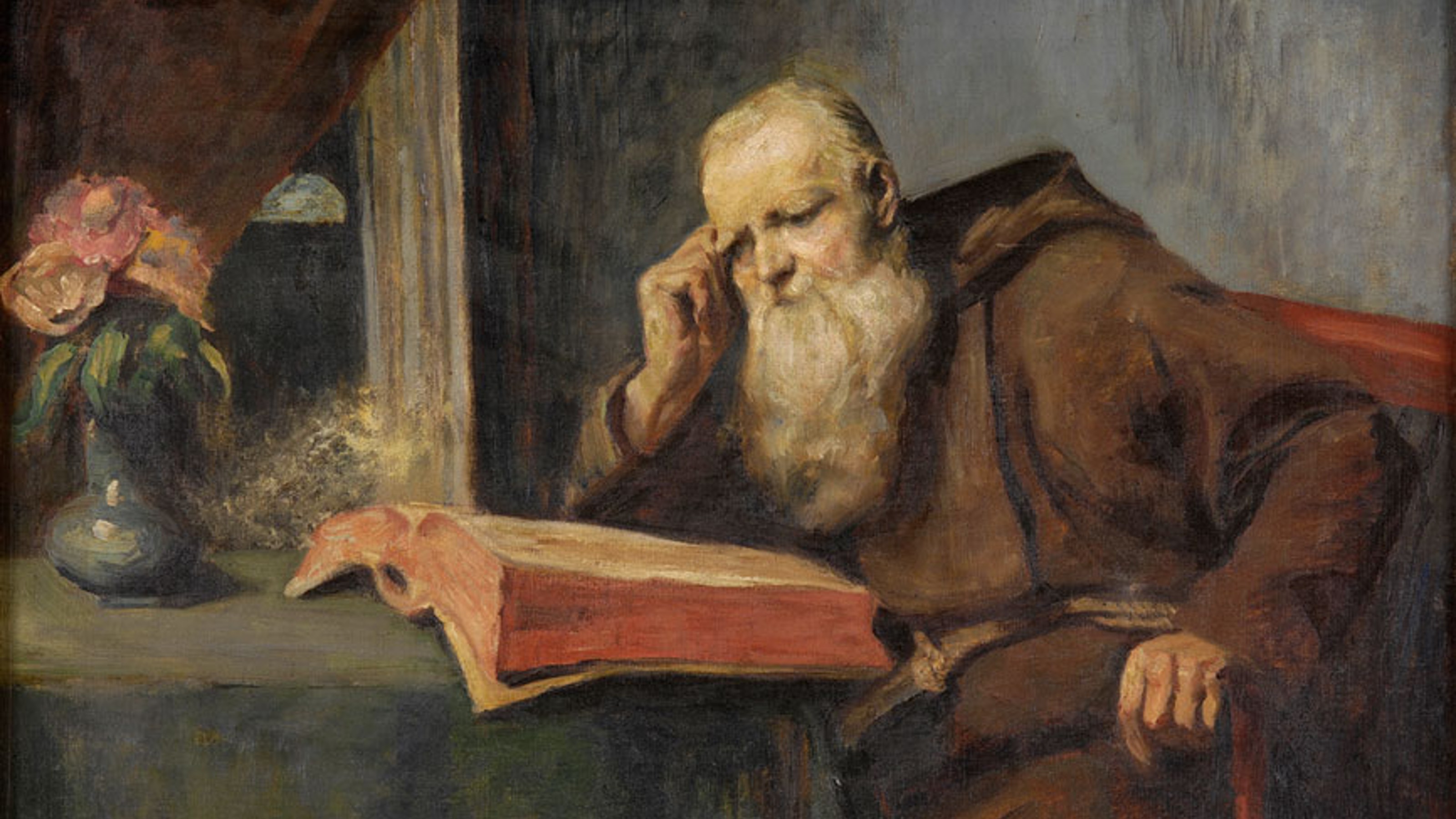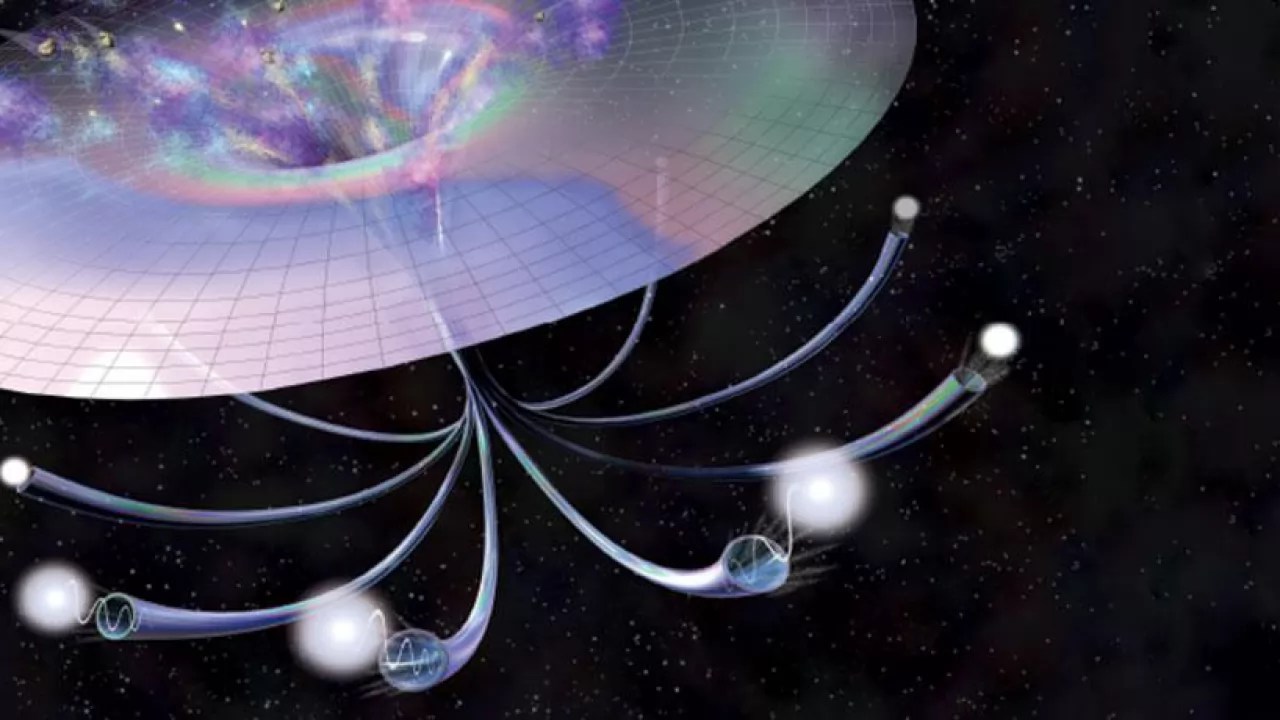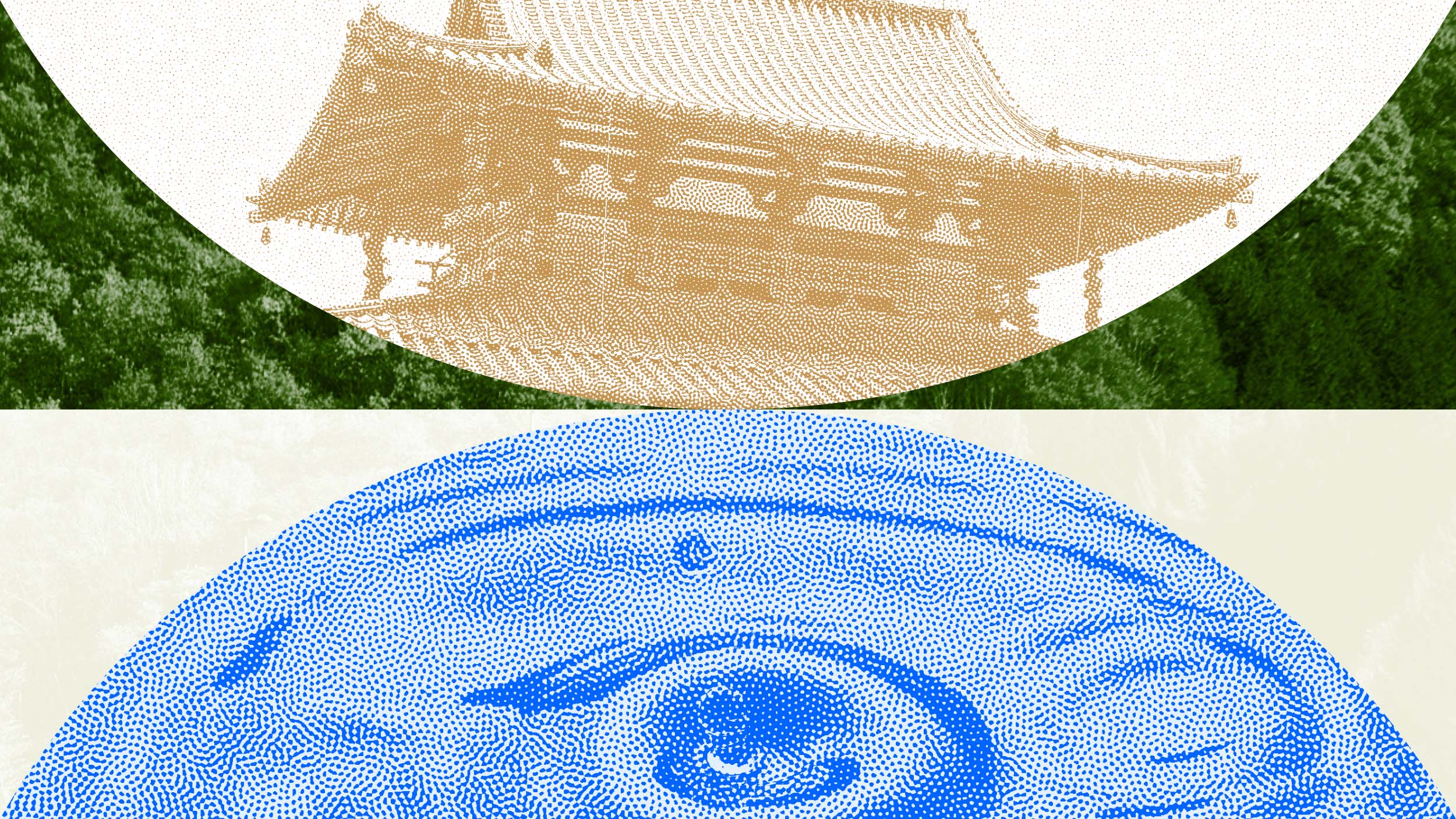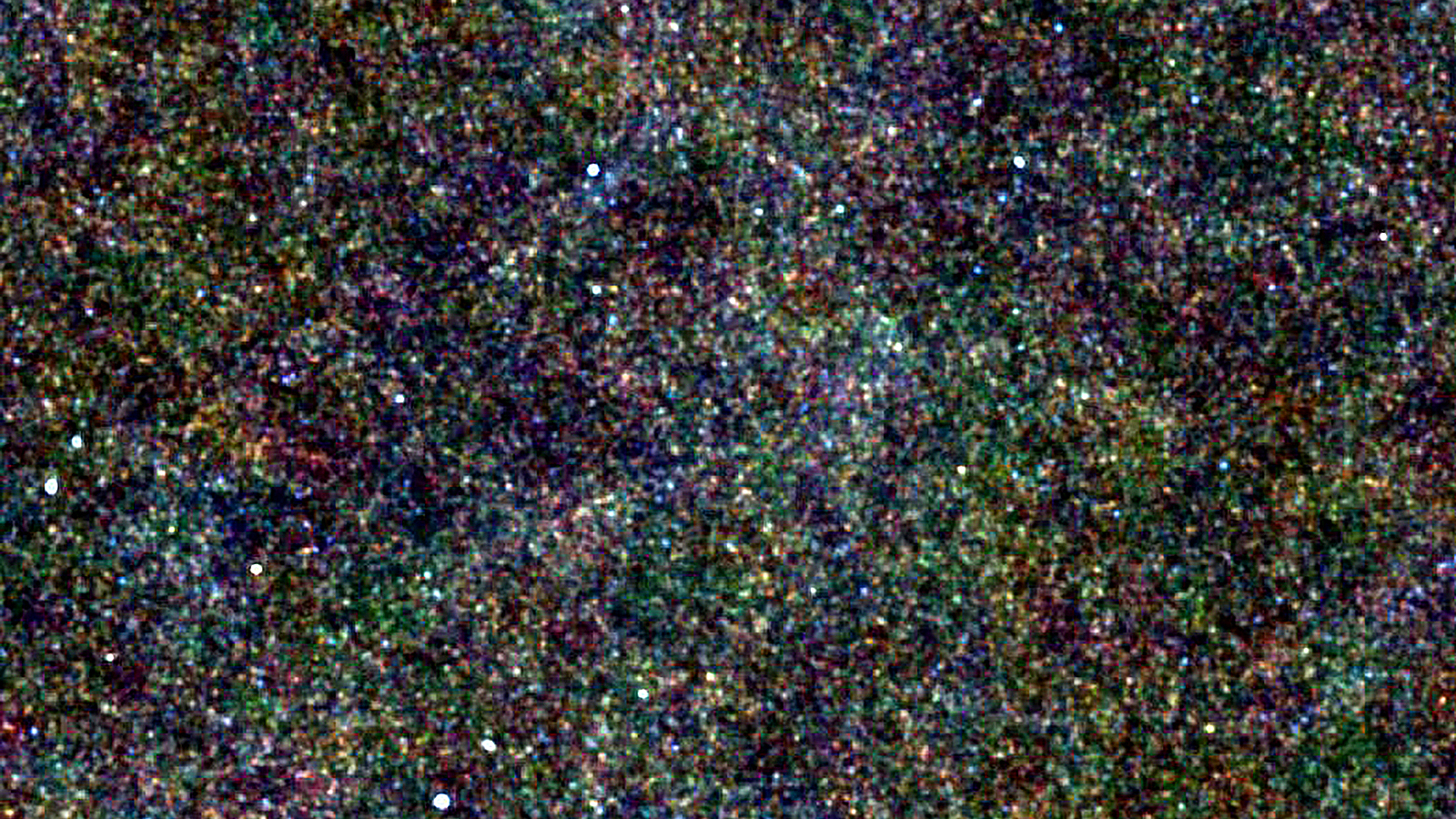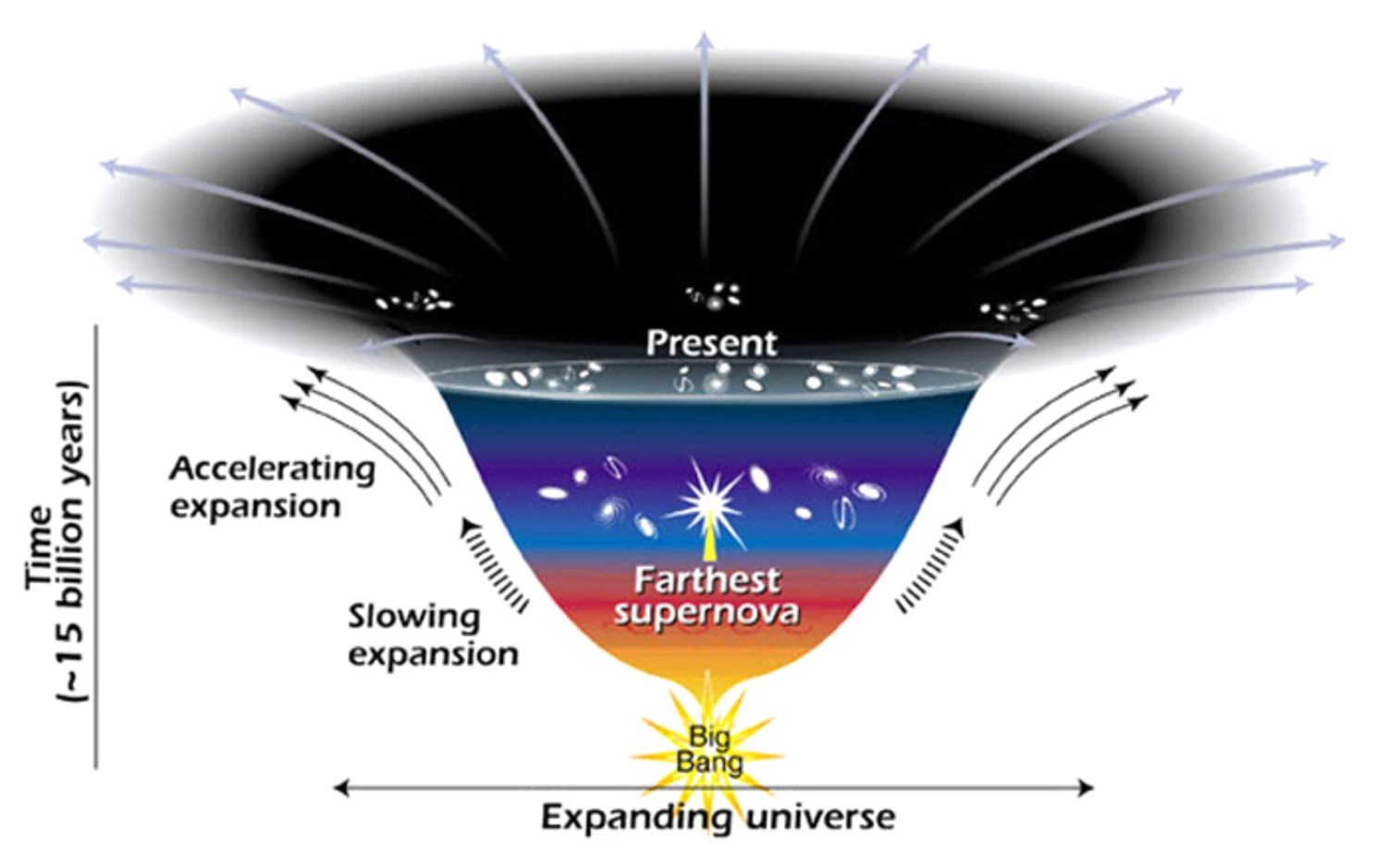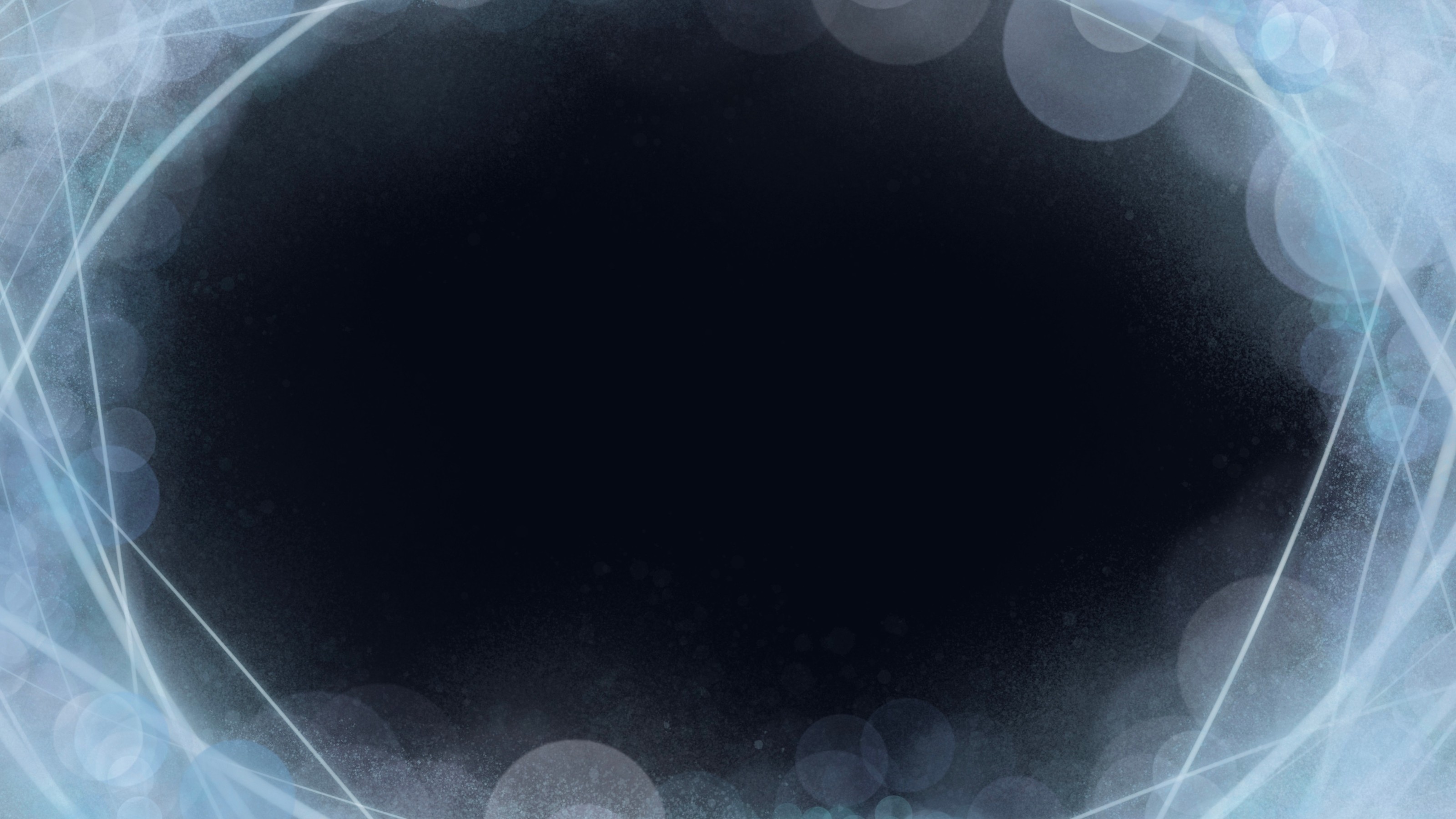Throughout the world, traditional political organizations are increasingly seen as dysfunctional. But can democracies live without them?
Search Results
You searched for: Imagin today
No matter how you define the end, including the demise of humanity, all life, or even the planet itself, our ultimate destruction awaits.
The clash of academic archaeology and what might be called folk archaeology comes into stark focus at Stonehenge.
We need more science fiction-inspired thinking in how we approach AI research, argues AI expert Gary Marcus.
Cosmology is unlike other sciences. When our view of the Universe changes, so does our understanding of philosophy and science itself.
The ability to toggle between abstract and concrete thinking is a key differentiator of high-potential leaders.
Figuring out the answer involved a prism, a pail of water, and a 50 year effort by the most famous father-son astronomer duo ever.
Looking back on our planet’s early history offers a new (and less crazy) meaning for the idea of a “flat Earth.”
Daydreaming can be a pleasant pastime, but people who suffer from maladaptive daydreaming are trapped by their fantasies.
It’s time to bring “friendship love” back.
Defamiliarization is a common tool in the arts. Here we learn how seeing things from a different angle can lead to billion-dollar success.
From unexplained tracks in a balloon-borne experiment to cosmic rays on Earth, the unstable muon was particle physics’ biggest surprise.
These landscapes — of geographical differences in head shapes — have vanished from acceptable science (and cartography).
Artificial intelligence is much more than image generation and smart-sounding chatbots; it’s also a Nobel-worthy endeavor rooted in physics!
Life arose on Earth early on, eventually giving rise to us: intelligent and technologically advanced. “First contact” still remains elusive.
Discover how the threads of myth, legend, and artistry have been woven together by storytellers to craft history.
In all the Universe, only a few particles are eternally stable. The photon, the quantum of light, has an infinite lifetime. Or does it?
When cosmic inflation came to an end, the hot Big Bang ensued as a result. If our cosmic vacuum state decays, could it all happen again?
Playing the long game in Japan is about creating something so enduring that it becomes timeless.
Take it from teamwork gurus behind Apple and Star Wars — a new kind of psychological incubator will allow your creativity to flourish.
All the things that surround and compose us didn’t always exist. But describing their origin depends on what ‘nothing’ means.
AI software is rapidly accelerating chip design, potentially leveling up the speed of innovation across the economy.
“You’ll be able to fly twice as fast as a Boeing or Airbus, and it’ll be like the cost of flying business today.”
Will “Sausage Party” survive the test of time?
Just 13.8 billion years after the hot Big Bang, we can see objects up to 46.1 billion light-years away. No, this doesn’t violate relativity.
If you’re an atheist with a vocation, who laid that path for you?
Explore how QBism reframes science by placing the observer at the heart of quantum reality.
From ancient Greek cosmology to today’s mysteries of dark matter and dark energy, explore the relentless quest to understand the Universe’s invisible forces.
Welcome to The Nightcrawler — a weekly newsletter from Eric Markowitz covering tech, innovation, and long-term thinking.
Hundreds of millions of animals get killed for meat every day.

